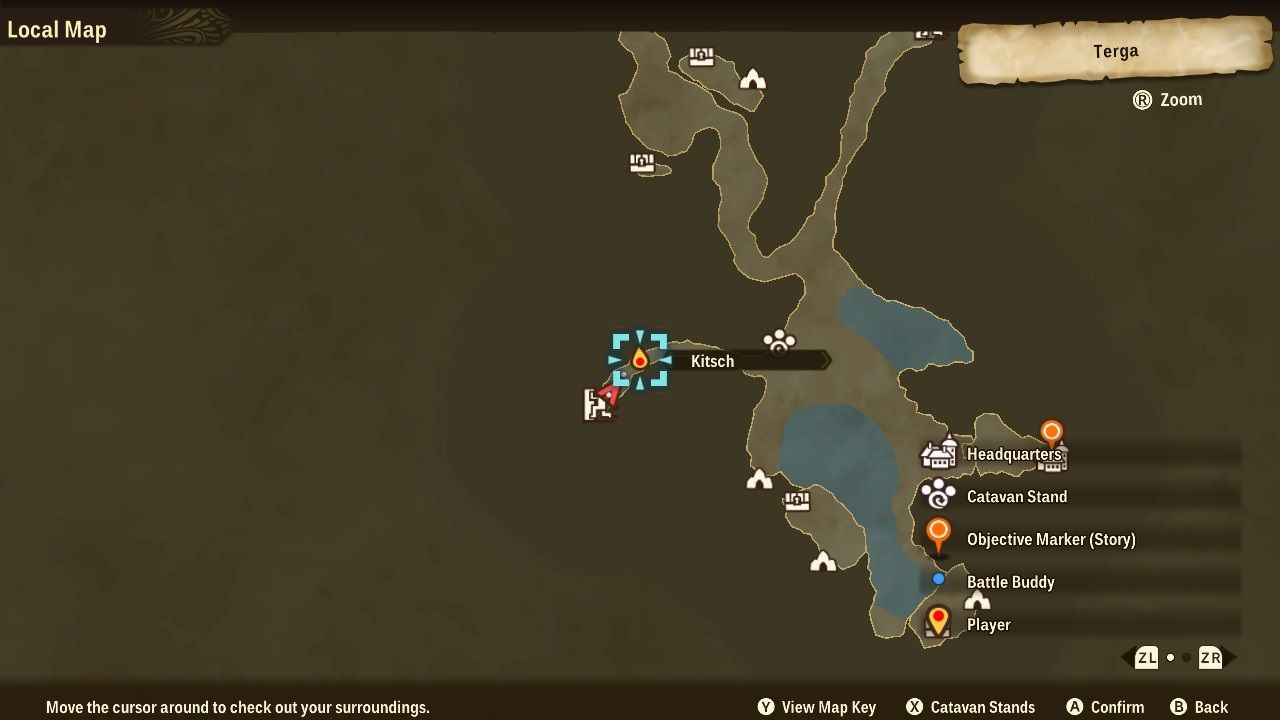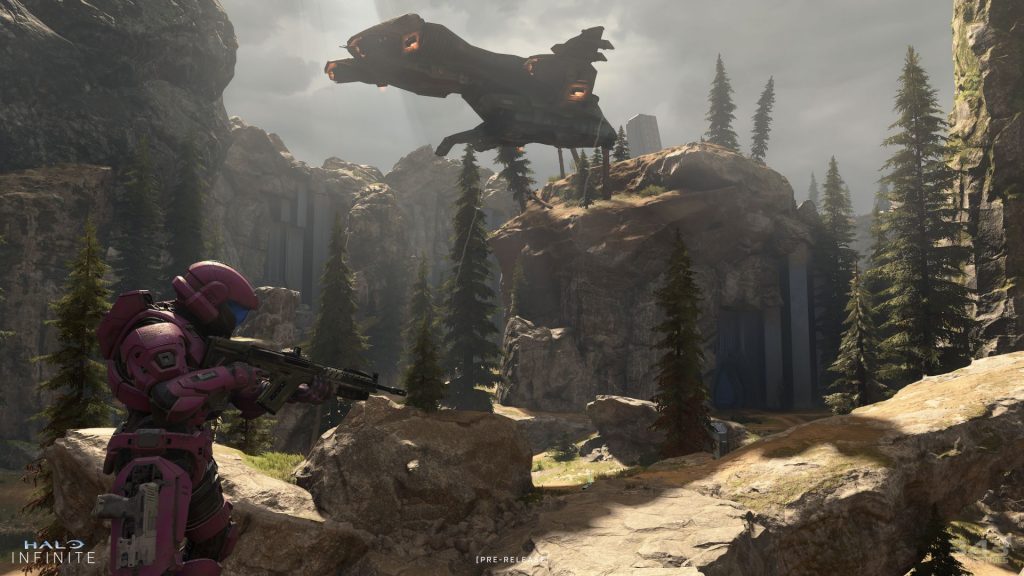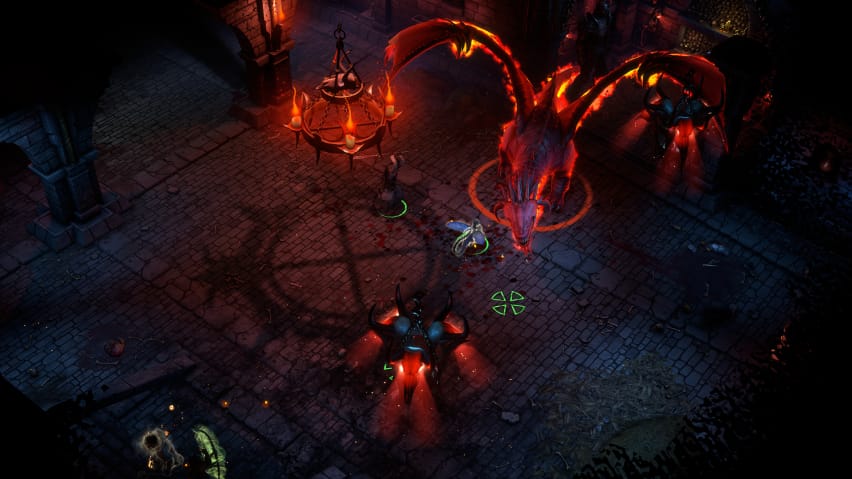Retro games, and NES titles, in particular, have been going through a speculation bubble lately, thanks in part to high-profile sales by Heritage Auctions. Among them was a copy of Super Mario Bros. that auctioned for $2 million. And it wasn’t the only recent instance of a retro game selling for a seemingly exorbitant price. A recent report alleges that fraud contributed to the rash of big-ticket sales.
On August 23, Journalist Karl Jobst posted a 52-minute video investigating Wata Games and Heritage Auctions. His report alleges that the companies worked together to artificially inflate the value of collectible games, including a string of absurdly expensive NES titles.
RELATED: Super Mario Bros. Movie’s First Cast Member Reveals His Role
Wata Games specializes in rating the quality of boxed retro games. The company assigns each game a rating based on the integrity of the disk or cartridge and its packaging, including a copy of Skyrim that recently sold for $600. According to Jobst, Wata executives were reviewing games they owned and giving them artificially high scores. This action allowed the games to sell for a high price on the online auction house Heritage Auctions. Furthermore, he alleges that Heritage executives were co-conspirators in the fraud and used the attention-grabbing price tag to create an artificial bubble in the collectible game market.
Both companies were involved in a then-record-breaking $1.5 million auction in July. Heritage broke the record again with a $2 million sale less than a month later. They are just the latest in a series of record-shattering Heritage-run auctions of Wata-graded games. According to Jobst, the pattern began in 2019 when a copy of Super Mario Bros. sold for over $100,000 at auction, triple the previous record.
The buyers were three men, one of whom was the co-founder of Heritage Auctions. Another was the founder of Wata-affiliated retailer Just Press Play. Wata and Heritage then used the media buzz around the sale to announce the latter’s first retro game auction. As Jobst puts it, “So what you have here is the chairman of the auction house buying a game for a record price, and then creating a press release about his own purchase, in which himself and the president of the grading company are stating that the value of games is going up.”
Jobst goes on to claim that few of the biggest ticket items went to legitimate collectors. Many instead sold to speculators who sell shares of the game. Jobst also alleges that both companies worked hard to control information about their products. They accomplished this through a mix of conspiring with and buying out online publications targeted at game collectors. He also found evidence that Wata went out of its way to inflate the price of games owned by company executives. This included giving the games higher scores as well as grouping them into meaningless named collections. And these are only some of the accusations levied by the almost hour-long video.
Both companies issued statements denying Jobst’s allegations, with a Wata spokesperson calling them “baseless and defamatory.” However, it is undeniable that both companies have significantly profited from the bubble of high-priced NES cartridge auctions. Moreover, the overlap between prominent sellers and company leadership is also a matter of public record. At best, this demonstrates an apparent conflict of interest. At worst, it suggests a fraudulent conspiracy on the part of company leadership.
MORE: All the Different Versions of Super Mario 64 and Which One You Should Play



